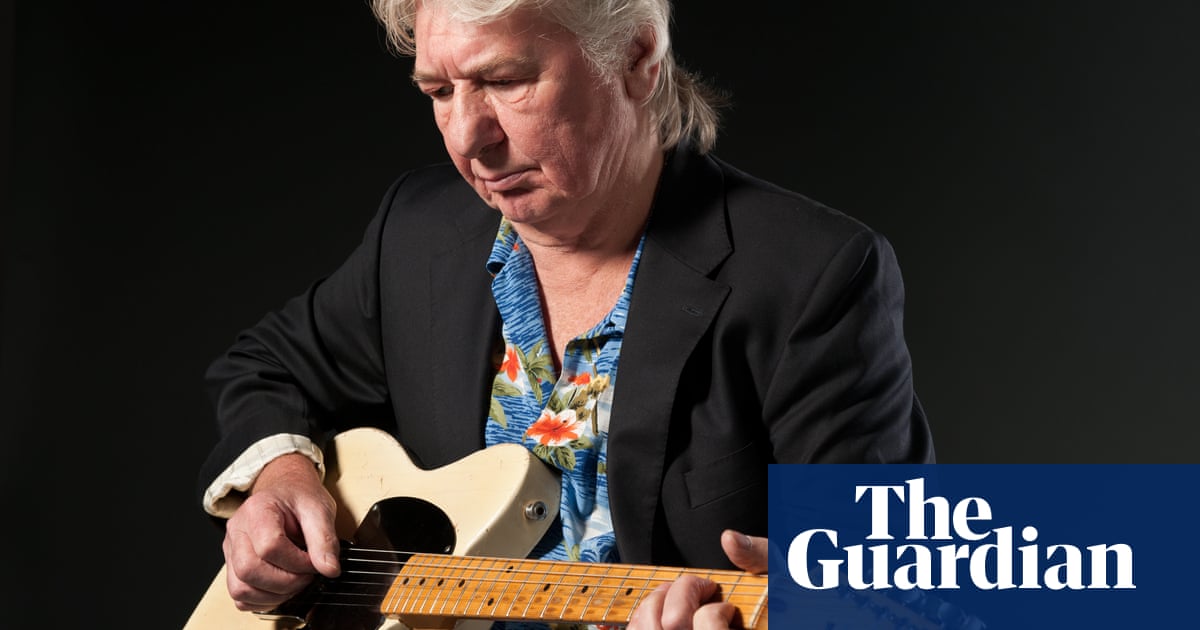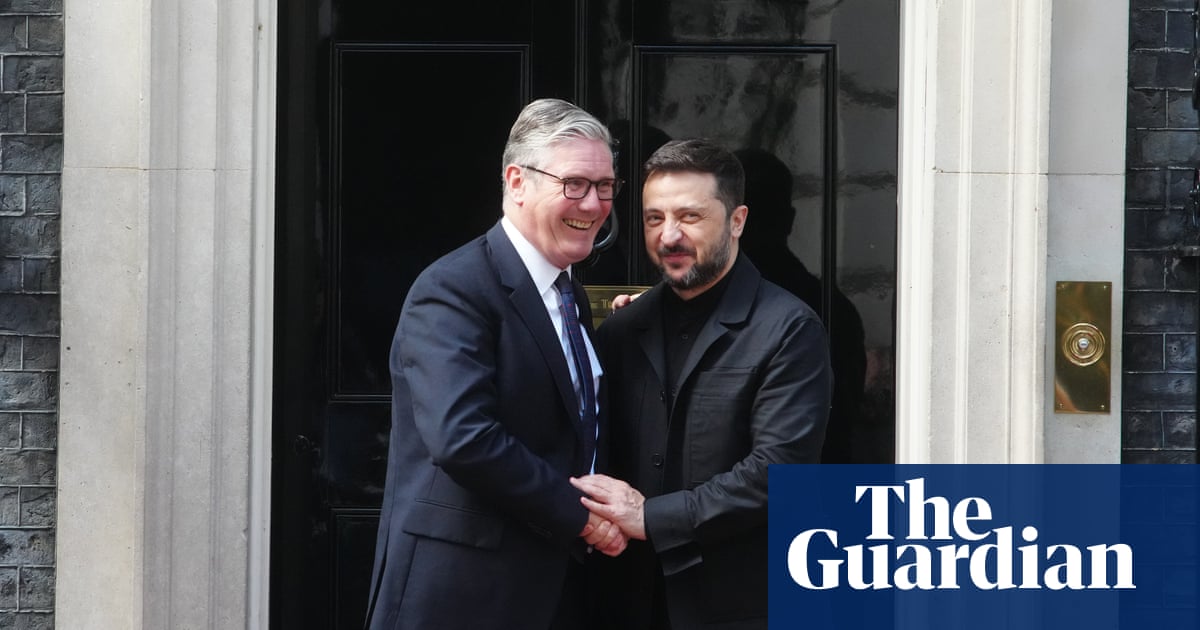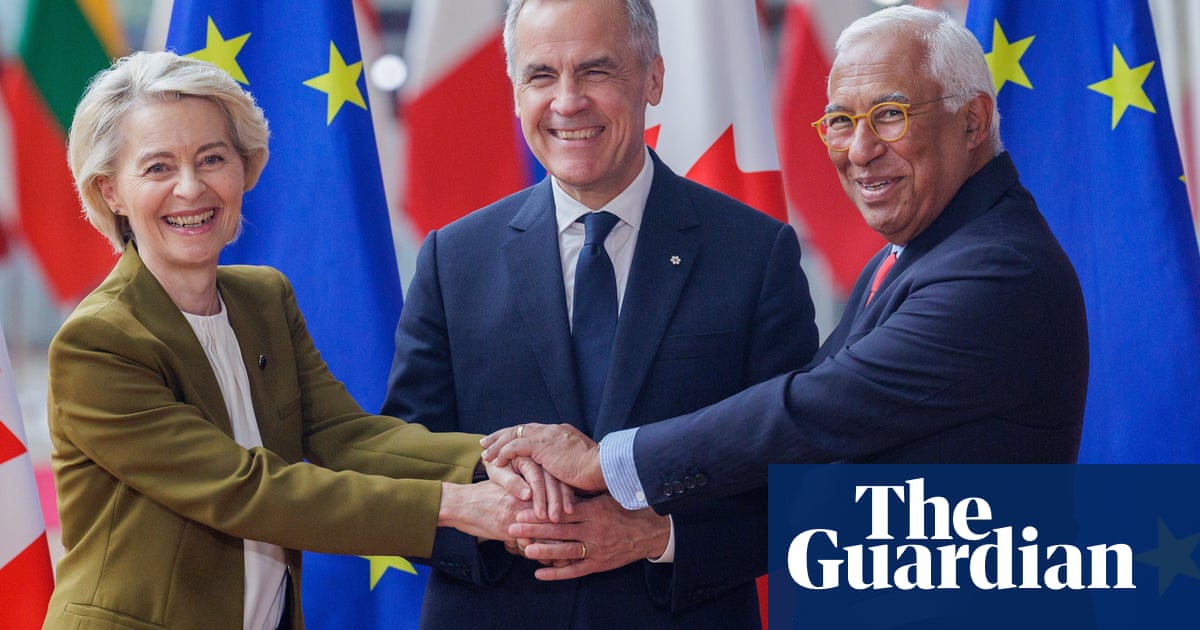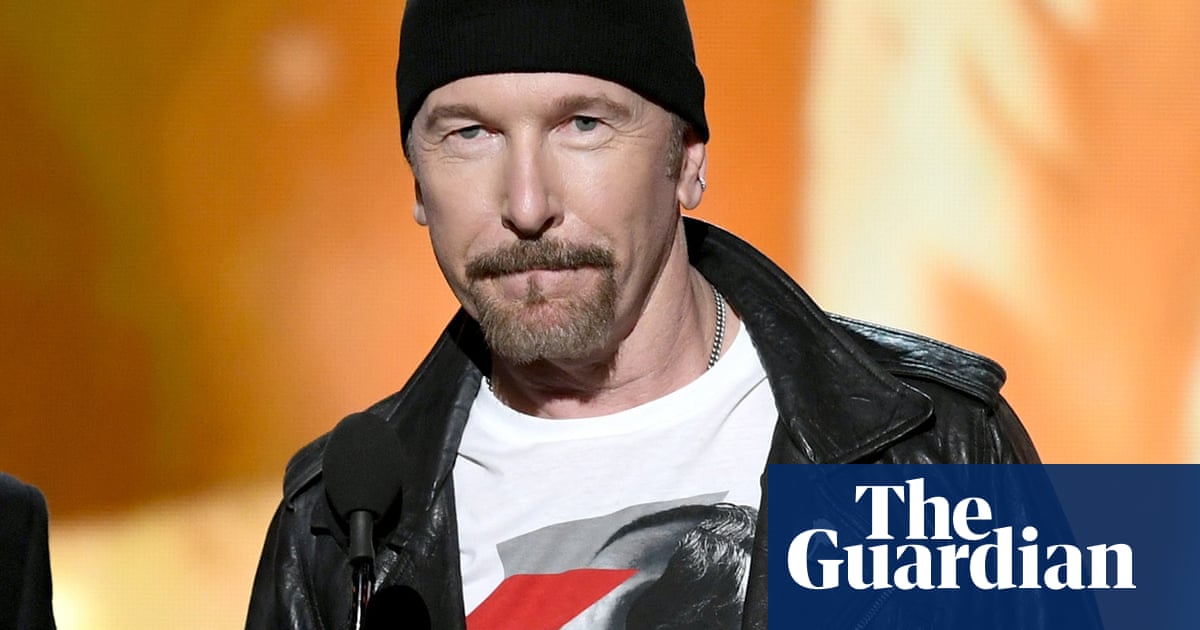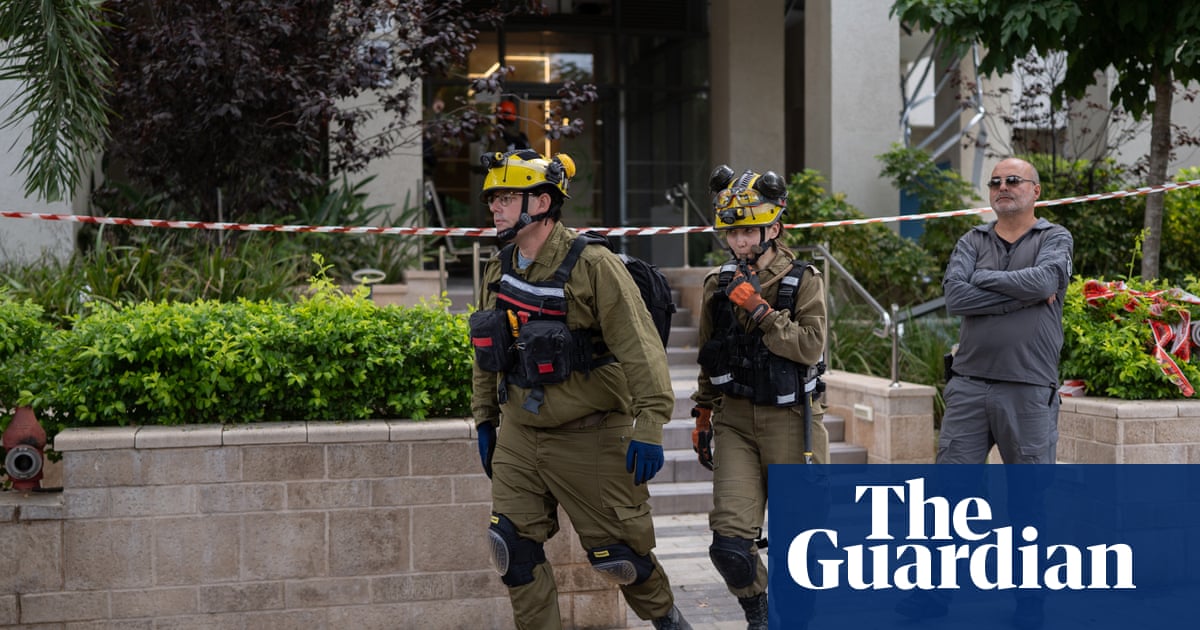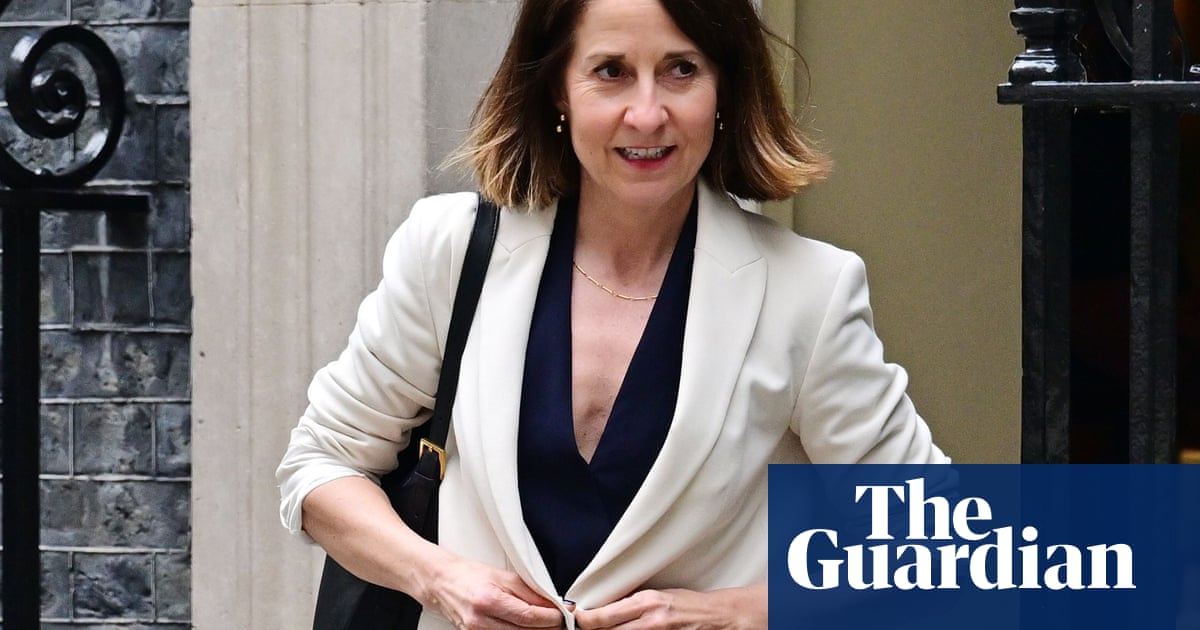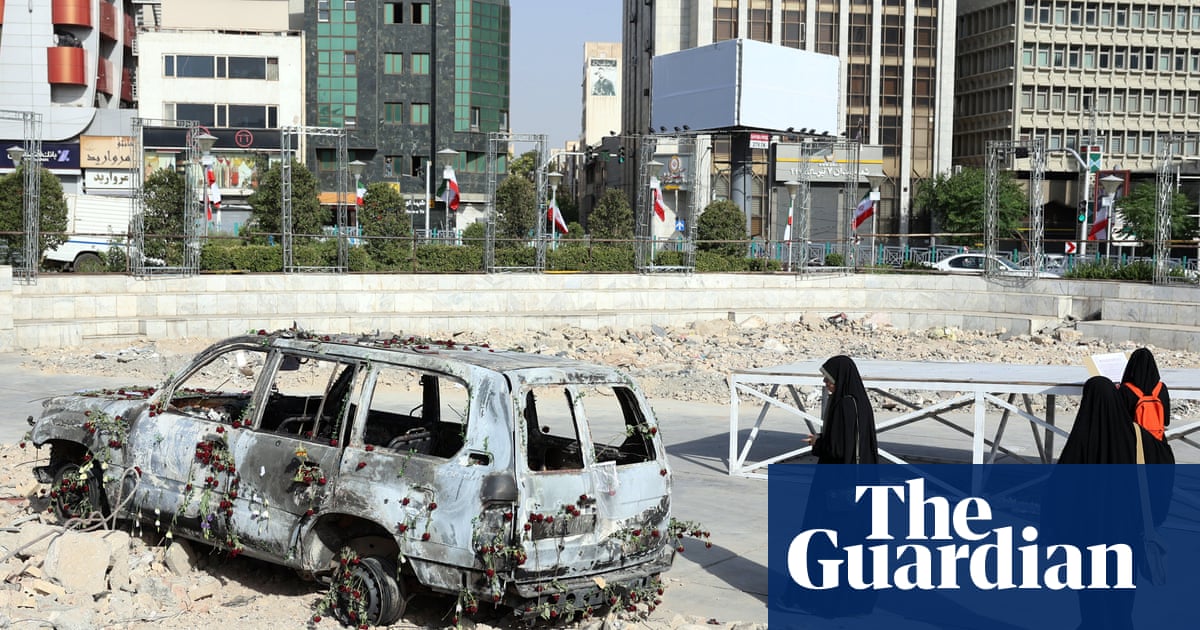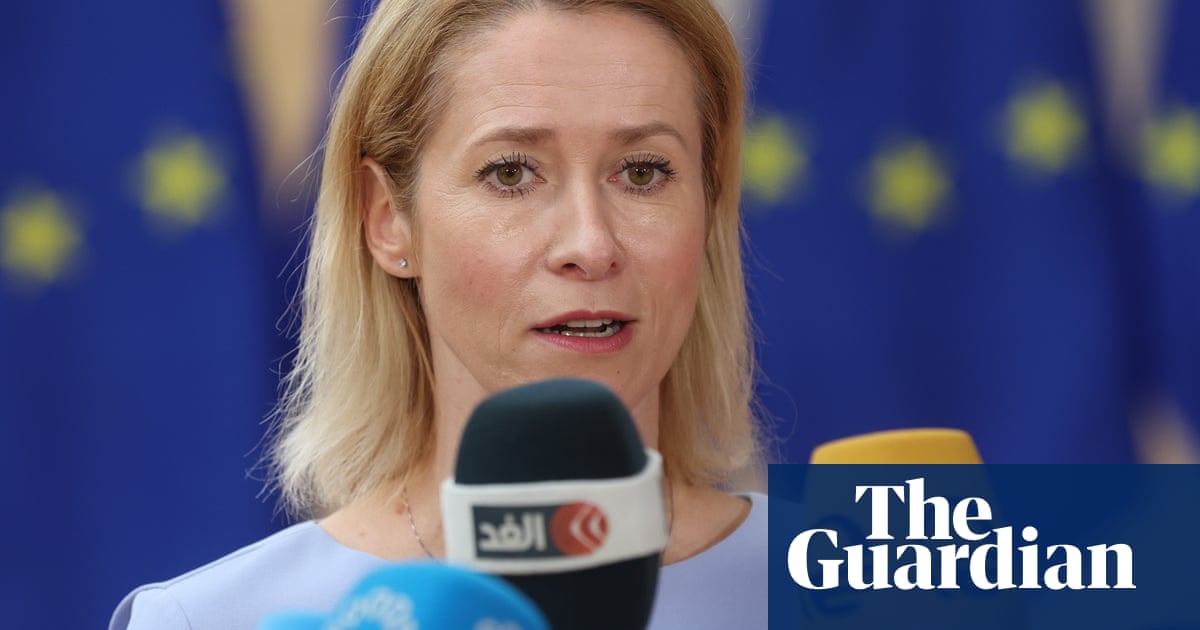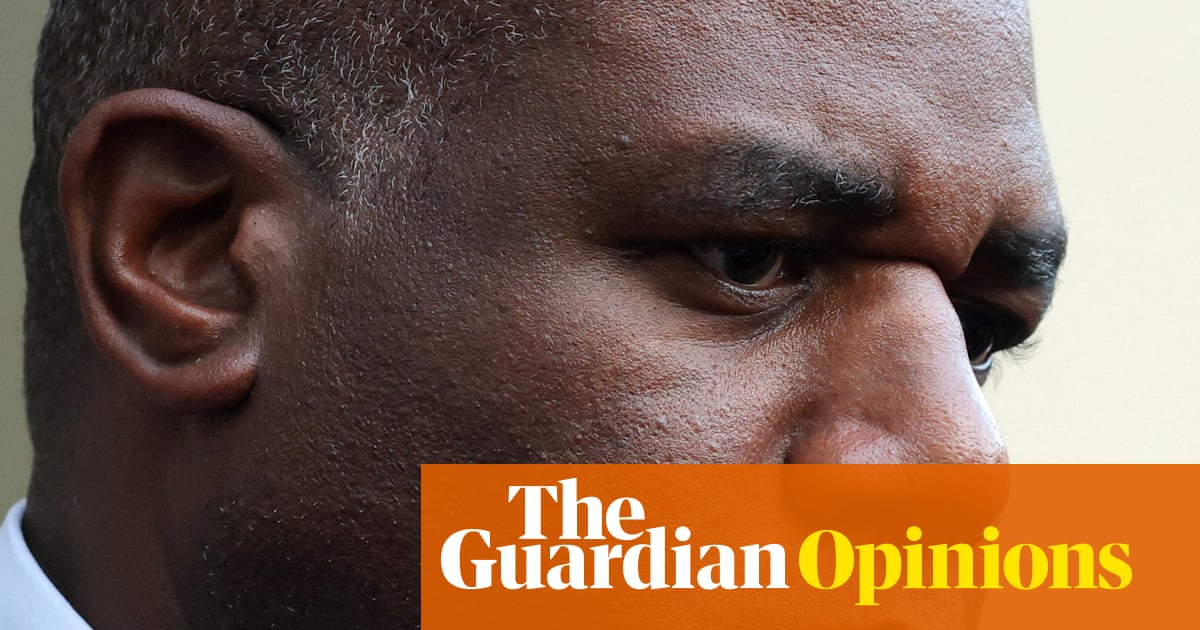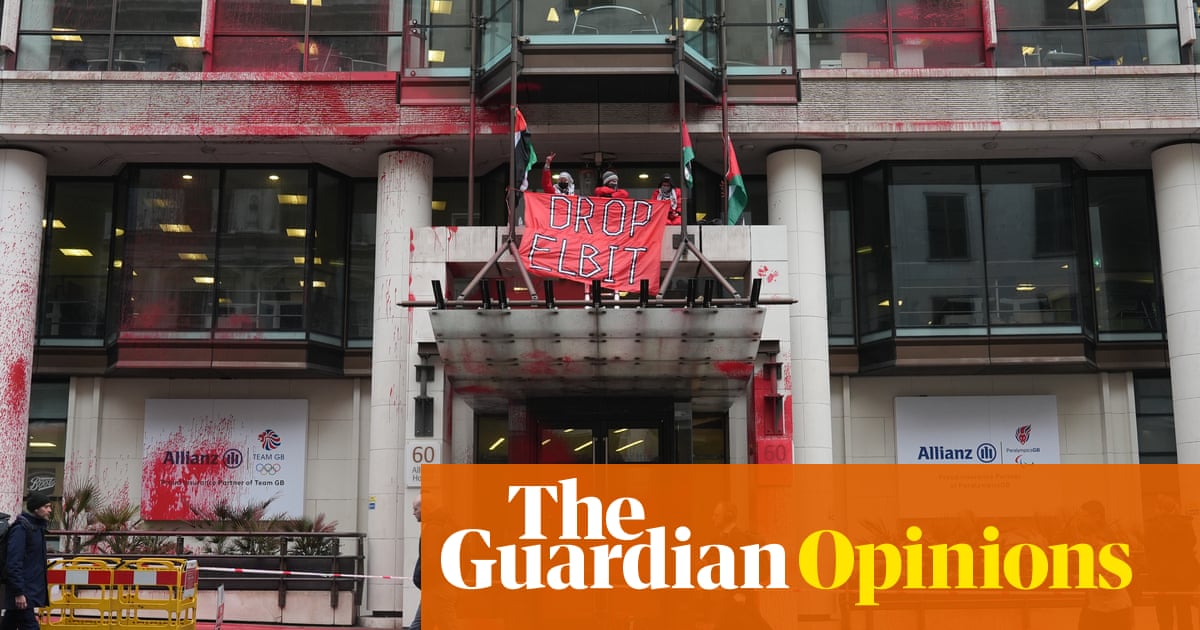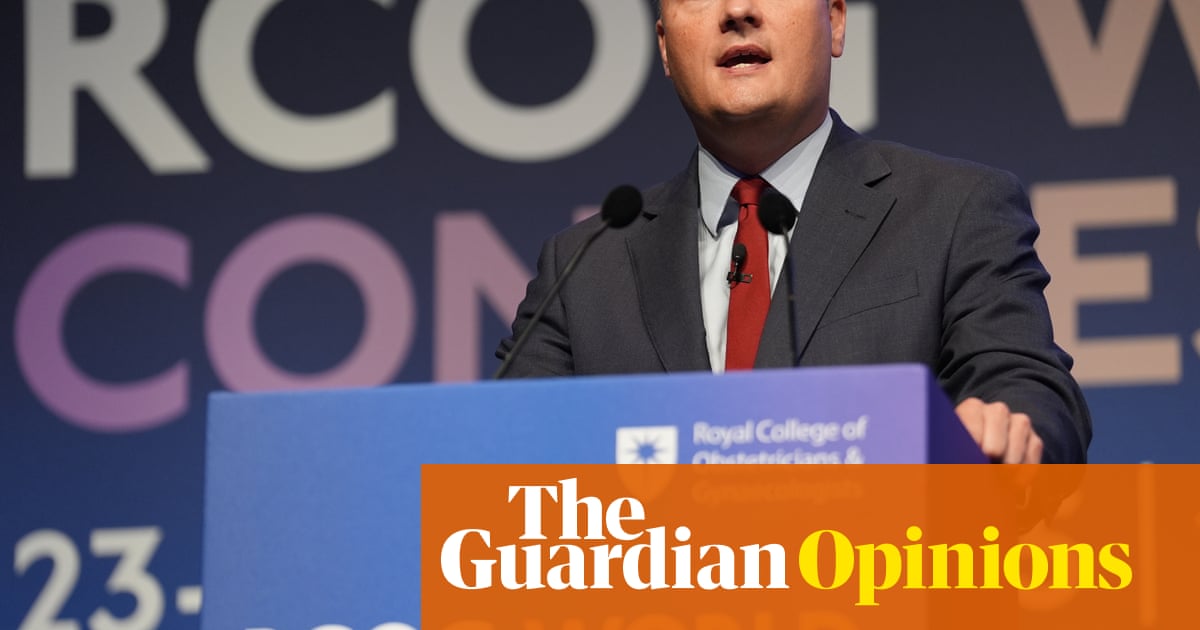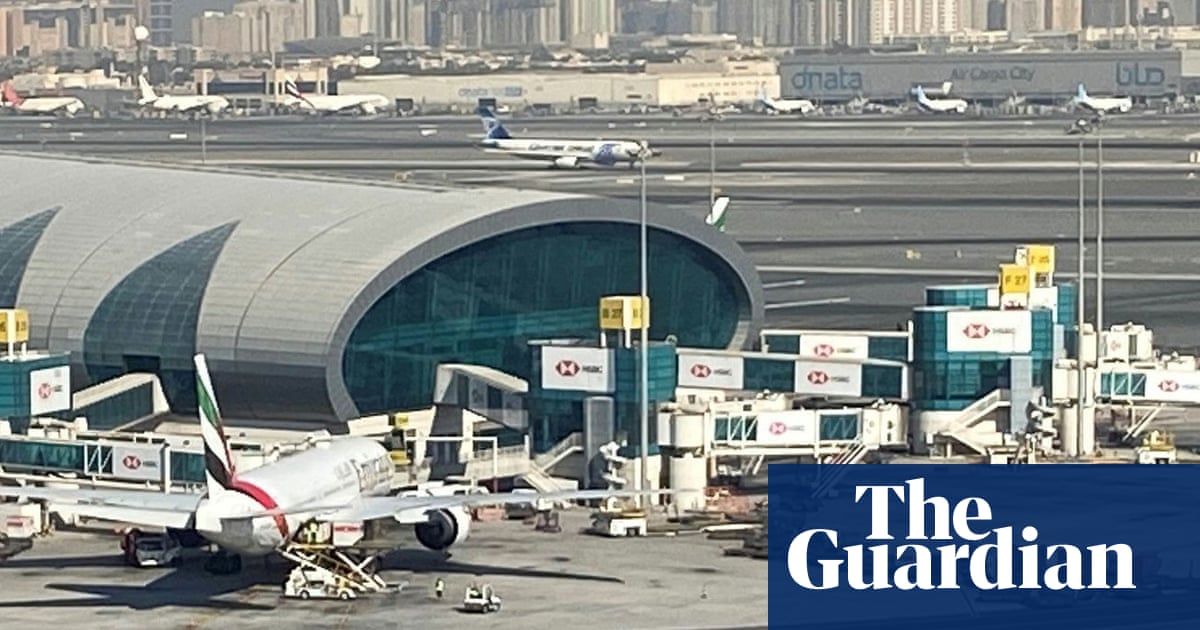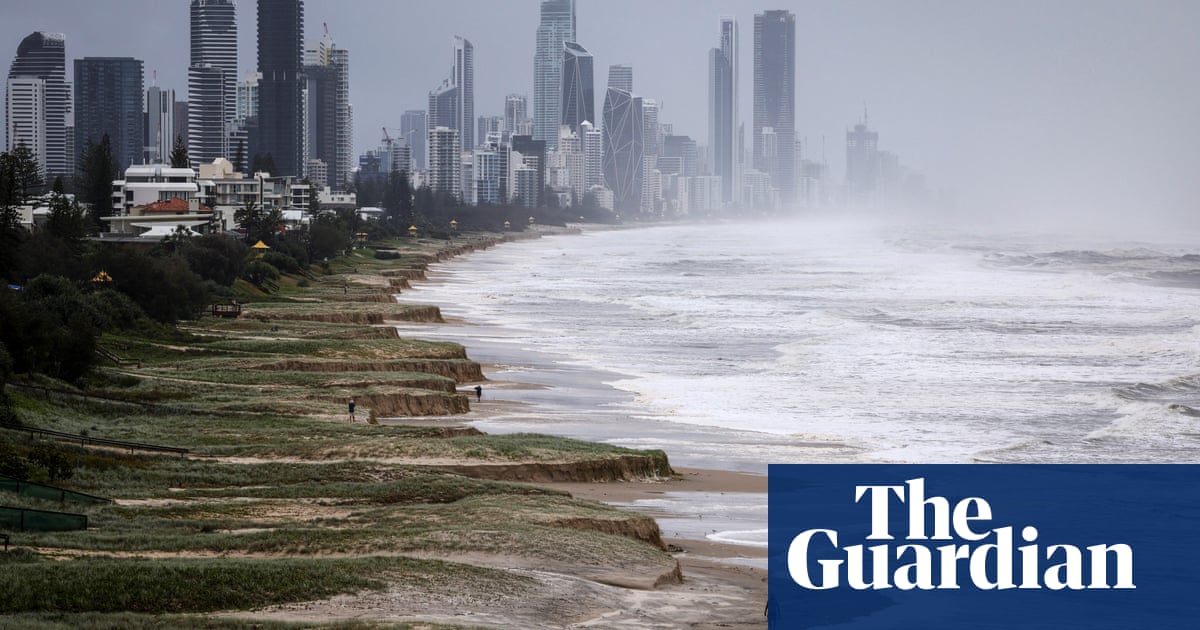Healey declines to say whether defence budget will have to fund Chagos Islands deal
John Healey, the defence secretary, has declined to say whether money to fund the Chagos Islands deal will come from the Ministry of Defence budget.
The government has agreed to transfer sovereignty of the Chagos Islands to Mauritius, on condition that the UK retains effective control over Diego Garcia, the site of a UK/US airbase, for at least 99 years. The UK will reportedly pay Mauritius £90m a year for the lease.
In an interview with Times Radio, asked if the extra money announced for defence included money for the Chagos Islands deal, Healey replied:
No. This is about our defence spending. It’s about our mainstream defence budget...As far as the Chagos Islands go, that’s a deal that’s in the pipeline. It’s not yet signed and not yet ratified in any treaty that will be necessary before parliament.
But, in an interview with LBC, asked what would happen when the deal is ratified, and whether at that point the Chagos Islands payments might have to come from the defence budget, Healey said he was “not going to get into hypotheticals”.
The Tories claim that abandoning the Chagos Islands deal would free up more money for defence. The government says, without a deal, there is a risk a binding international legal ruling could soon lead to the UK losing sovereignty over the Chagos Islands, which would make maintaining the Diego Garcia base much harder.
Key events Show key events only Please turn on JavaScript to use this feature
Lords chief whip spoke at what appears to be cash-for-access event
The Lords chief whip, Roy Kennedy, took part in one of the events at the centre of an apparent cash-for-access venture revealed by the Guardian. Henry Dyer and Rob Evans have the story, which is the latest in a long series of reports we are publishing about the outcome of an investigation into the business interests of peers.
John Swinney says cutting aid to fund defence 'wrong' and 'short-sighted'
John Swinney, Scotland’s first minister, has said that it was “wrong” for Keir Starmer to slash aid spending to fund a bigger defence budget.
Asked about yesterday’s announcement by the UK government, Swinney told reporters at his press conference.
I understand that the importance the prime minister attaches to increasing [defence] expenditure to ensure that we can deal with the threats that we face as a society. But I think the choices that have been made about slashing international aid are the wrong choices. They are shortsighted because … the principles of international aid are about trying to address some of the fundamental issues about inequality within our world, which, if we do not address them through international development aid, these issues will come back to be a challenge and a difficulty for us.

Healey says US/Ukraine deal on rare earth minerals could be 'good thing'
In an interview with Times Radio this morning, John Healey, the defence secretary, welcomed the news that the US and Ukraine are likely to sign a rare earth minerals deal on Friday.
Asked about the reports, Healey said:
In the end, that detail’s a matter for the two countries, and we’ll see the detail emerge, but peace is part of a process.
We’re at an early stage, and if this helps shape the long-term peace that’s required in Ukraine, then that’s a good thing.
Here is Andrew Roth’s story for the Guardian about the potential deal.
John Swinney, Scotland’s first minister, is holding a press conference in Bute House in Edinburgh. There is a live feed here.
Swinney scheduled the press conference after his government’s budget was passed at Holyrood yesterday.
I won’t be covering it minute by minute, but I will be posting highlights.
John Healey says defence spending rise worth £6bn a year in 'real terms', not £13bn as PM implied
Yesterday the Institute for Fiscal Studies criticised Keir Starmer for saying that increase in defence spending would be worth £13.4bn a year from 2027. They pointed out that you can only get to this figure by assuming that defence spending would have been frozen in cash terms (instead of going up every year), which is unrealistic. It would be more accurate to describe the extra spending as worth about £6bn a year, the IFS said.
This morning, asked about the £13.4bn figure on BBC Breakfast, John Healey, the defence secretary, confirmed that £6bn was the “real terms” figure for the rise in defence spending.
Referring to the £13.4bn cited by the PM, Healey said:
Yes, that’s a cash number. If you did it in real terms, taking in inflation, it would be something over £6bn. Either way, this is a big boost for defence. It’s an increase in defence spending.
It will allow us to strengthen our armed forces, it will allow us to use defence as an engine for driving economic growth in this country so we can put a long-term industrial plan in place to boost British jobs, to boost British businesses and technology.
In response, James Cartlidge, the shadow defence secretary, said the government needed to produce “clarity”. He posted this on social media.
Yesterday the PM said defence spending was rising by £13.4bn. Today his Defence Secretary says £6bn. Which is it?
@KemiBadenoch was only given a redacted version of the PM’s statement before he spoke, missing all the figures. Transparency matters & we urgently need clarity.
In fact, we don’t “urgently need clarity”. We have clarity; £6bn is the more accurate figure.
David Lammy says key projects in Ukraine, Gaza and Sudan to be protected as aid spending slashed
Good morning. At Westminster MPs are still absorbing the implications of Keir Starmer’s decision to slash the aid budget to fund an increase in defence spending. Pippa Crerar and Kiran Stacey have all the details in their overnight story.
John Healey, the defence secretary, has been giving interviews this morning and he has faced a lot of questions about whether this announcement was entirely about pleasing Donald Trump. “No, it’s not,” he told Sky News. Healey pointed out that raising defence spending by 2.5% of GDP was a Labour manifesto commitment. (That’s true, but the manifesto did not say it would happen by 2027 – or that aid spending would be cut to fund it.)
But Healey did not try to pretend that the timing of the announcement was unrelated to the fact that Starmer has his first meeting with Trump since the inauguration in the White House tomorrow. “President Trump, over the last two weeks, has been very direct in his challenge,” Healey said.
For Starmer, committing to higher defence spending ahead of the Washington visit is a necessary, but not a sufficient, condition for the meeting to be a success.
But slashing aid spending is a hard ask for anyone in the Labour party, and particularly for David Lammy. As foreign secretary, he now controls the international aid budget (because Boris Johnson abolished DfID and made it part of the Foreign Office) and earlier this month Lammy told the Guardian that Trump’s decision to tear up the US aid budget was a “big strategic mistake”. (Lammy was talking to Pippa Crerar about three weeks ago; presumably he would not have said what he did if he knew what was coming in the UK, and so this fits with reports that No 10 only started working up the aid cuts plan about two weeks ago.) Patrick Wintour, the Guardian’s diplomatic editor, posted this on social media yesterday about Lammy’s plight.
This is unfortunate. Lammy self evidently not been able to protect the foreign office budget since only weeks ago urged the US not to cut its aid budget saying it would be a big strategic mistake. By cutting to 0.3% of GDP, the UK, once an aid superpower, joins Italy in the G7 in being one of the least generous of industrialised countries. Fear of Reform, and Trump, drives No 10’s and Treasury choices.
But Lammy has written an article for the Guardian defending the move. It is not clear yet which aspects of the aid budget will be cut the most to fund the extra defence spending, but Lammy says projects in Ukraine, Gaza and Sudan will be protected.
To make this [higher defence spending] commitment, and stick within our fiscal rules, we have had to make the extremely difficult decision to lower our spending on international development. As the prime minister said, we do not pretend any of this is easy. This is a hard choice that no government – let alone a Labour government – makes lightly. I am proud of our record on international development. It helps address global challenges from health to migration, contributes to prosperity, and supports the world’s most vulnerable people. It grows both our soft power and our geopolitical clout, while improving lives. For all of those reasons, this government remains committed to reverting spending on overseas aid to 0.7% of gross national income when the fiscal conditions allow.
But we are a government of pragmatists not ideologues – and we have had to balance the compassion of our internationalism with the necessity of our national security.
As we reduce the overseas aid budget, we will protect the most vital programmes in the world’s worst conflict zones of Ukraine, Gaza and Sudan. But there can be no hiding from the fact that many programmes doing vital work will have to be put on hold. The work of making further tough choices about programmes will proceed at pace over the weeks and months ahead, but our core priorities will remain the same. My vision for a reformed Foreign, Commonwealth and Development Office fit for this more contested and dangerous world, in which diplomacy is more important than ever, remains paramount.
Here is the full article.
And here is the agenda for the day.
9.30am: Water company bosses give evidence to the Commons environment committee.
9.40am: John Swinney, Scotland’s first minister, holds a press conference.
Noon: Keir Starmer faces Kemi Badenoch at PMQs.
After 12.30pm: Angela Rayner, the deputy PM and housing secretary, makes a statement to MPs about the government’s response to the recommendations from the inquiry into the Grenfell Tower fire.
After 1.30pm: MPs begin a debate on a Conservative party motion criticising the impact of government tax policies on families busineses. Later there will be a debate on a second Tory motion on the Chagos Islands.
If you want to contact me, please post a message below the line or message me on social media. I can’t read all the messages BTL, but if you put “Andrew” in a message aimed at me, I am more likely to see it because I search for posts containing that word.
If you want to flag something up urgently, it is best to use social media. You can reach me on Bluesky at @andrewsparrowgdn. The Guardian has given up posting from its official accounts on X but individual Guardian journalists are there, I still have my account, and if you message me there at @AndrewSparrow, I will see it and respond if necessary.
I find it very helpful when readers point out mistakes, even minor typos. No error is too small to correct. And I find your questions very interesting too. I can’t promise to reply to them all, but I will try to reply to as many as I can, either BTL or sometimes in the blog.

.png) 3 months ago
55
3 months ago
55

